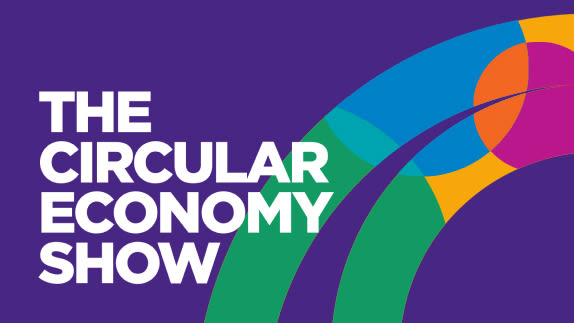Two global businesses — luxury fashion house Gucci and digital payments leader Visa — have joined the Foundation’s Network as Strategic Partners.
In addition, two of our existing Partners — Nestlé and The Coca-Cola Company — have now become Strategic Partners.
Two more organisations — the non-profit Camera Nazionale della Moda Italiana and management consultancy Oliver Wyman — have joined as Partners.
We have also renewed our Strategic Partnerships with DS Smith and SC Johnson.
The Ellen MacArthur Foundation’s Network is the world’s leading circular economycircular economyA systems solution framework that tackles global challenges like climate change, biodiversity loss, waste, and pollution. It is based on three principles, driven by design: eliminate waste and pollution, circulate products and materials (at their highest value), and regenerate nature. network, bringing together businesses, policymakers, academia, innovators, and thought leaders worldwide to accelerate the transition to a circular economy.
These organisations share an ambition to transform the way they do business. We look forward to supporting them, and facilitating collaboration opportunities with other Network organisations, as they strive to become more circular.
New Strategic Partners:
Gucci: Our Strategic Partnership will build on the fashion house’s existing circular economy strategy, leading with circular by design, to continue embedding circular principles across its design and manufacturing processes, as well as scaling regenerative agriculture. Gucci has been advancing its approach across its value chain for many years, including the use of recycled materials, manufacturing innovations such as Scrap-less, pioneering new materials like Demetra, and extending the life of its products through resale and customised vintage on Gucci Vault. Starting in 2020, Gucci has been investing in regenerative agriculture projects in its own supply chain and more broadly to protect and restore nature, as detailed in the 2021 Gucci Equilibrium Impact Report.
Visa: Visa is at the start of its circular economy journey. Visa’s ambition is to inspire people to rethink how they shop, stimulate more sustainable behaviours based on circular economy principles, and prioritise circular business models in the area of recommerce, including rental, resale, and repairrepairOperation by which a faulty or broken product or component is returned back to a usable state to fulfil its intended use.. Visa is keen to collaborate with other Network organisations to drive innovation and explore circular economy opportunities.
Nestlé: A signatory to the Global Commitment to create a circular economy for plastics and a member of the Foundation’s Food Advisory Board, Nestlé has committed to reach net zero by 2050. Specific actions already announced include transforming its product portfolio and sourcing 50% of key ingredients through regenerative agricultural methods by 2030 — aligned with our recent study, The big food redesign: regenerating nature with the circular economy — and working to reduce the use of virgin plastic by one third by 2025.
The Coca-Cola Company: A New Plastics Economy Global Commitment signatory and member of our Plastics Initiative Advisory Board, The Coca-Cola Company is the first in its industry to announce voluntary reusereuseThe repeated use of a product or component for its intended purpose without significant modification. targets. In addition to working together to create a circular economy for plastics, our Strategic Partnership will also focus on food redesign — the company will sit on the Foundation’s Food Initiative Advisory Board, which is mobilising and scaling the transition to a regenerative food system.
New Partners:
Camera Nazionale della Moda Italiana (CNMI): The Foundation has partnered with CNMI to bring circular design for fashion to the very top of the Italian fashion industry’s creative agenda — starting with the Sustainable Fashion Awards this September. The Foundation will present a dedicated Circular Economy Award and bring a circular economy lens across all award categories, with Dame Ellen MacArthur chairing the jury.
Oliver Wyman: A certified carbon neutral company, Oliver Wyman is committed to halving its emissions by 2030 in line with the Science Based Targets criteria. Through its professional services provision, the company supports clients to reduce their climate impact across operations, finance, and customer relationships. As part of our Partnership, the Foundation and Oliver Wyman will work together to develop circular economy thought leadership pieces and capabilities to accelerate impact.
Strategic Partnership Renewals:
DS Smith: Since joining the Foundation’s Network in 2019, DS Smith has shown leadership in the areas of circular design through its circular design principles and metrics, circular economy measurement through its use of Circulytics, and learning — by training more than 700 designers in circular design. A number of the company’s innovations are featured in the Foundation’s Upstream Innovation guide to packaging solutions.
SC Johnson: SC Johnson joined the Network in 2019. Its commitments include reducing plastic packaging by 30%, and making 100% of its plastic packaging recyclable or reusable, by 2025. Since launching its first concentrated refill for Windex in 2011, the company has continued to develop refill products, such as dissolvable pods, across its brands and geographies




